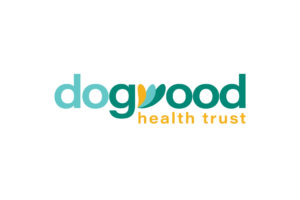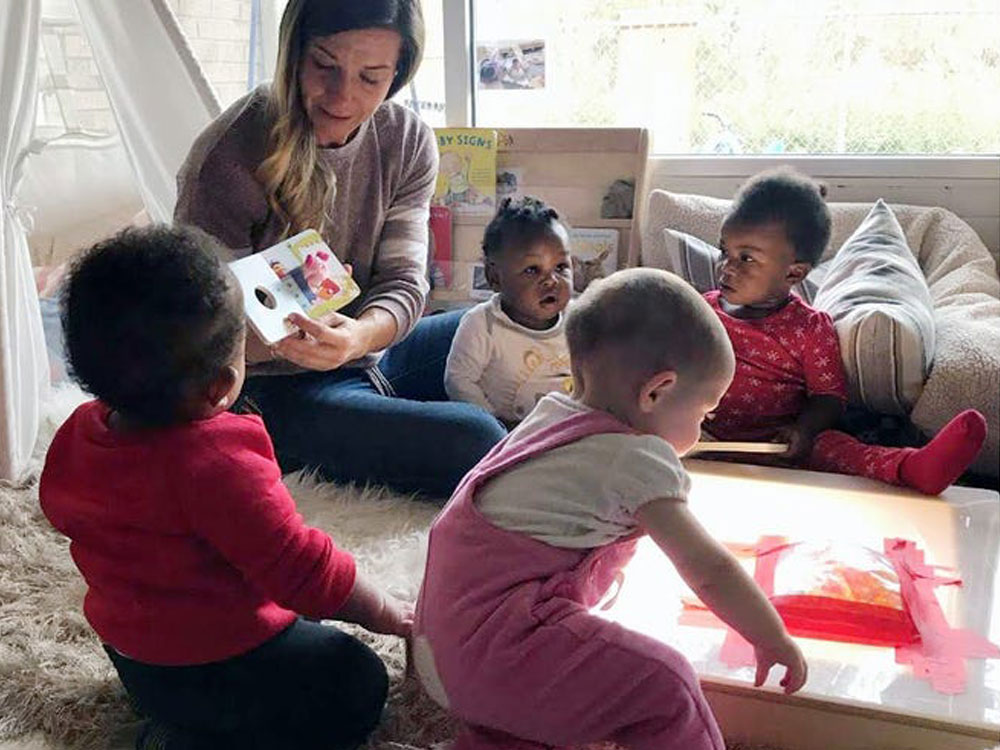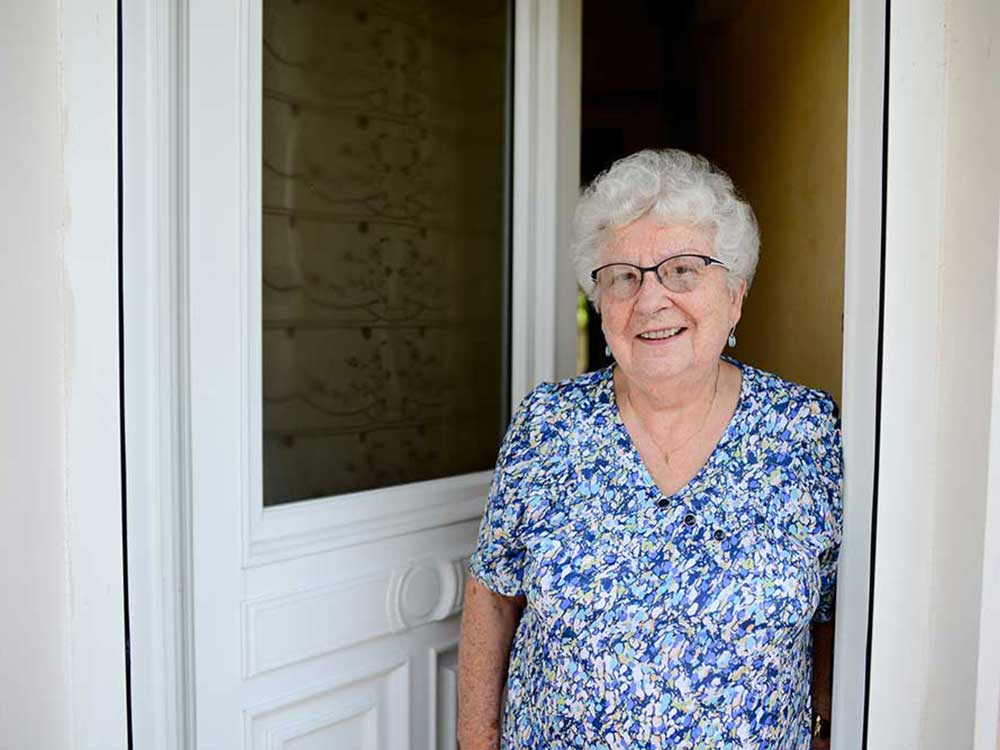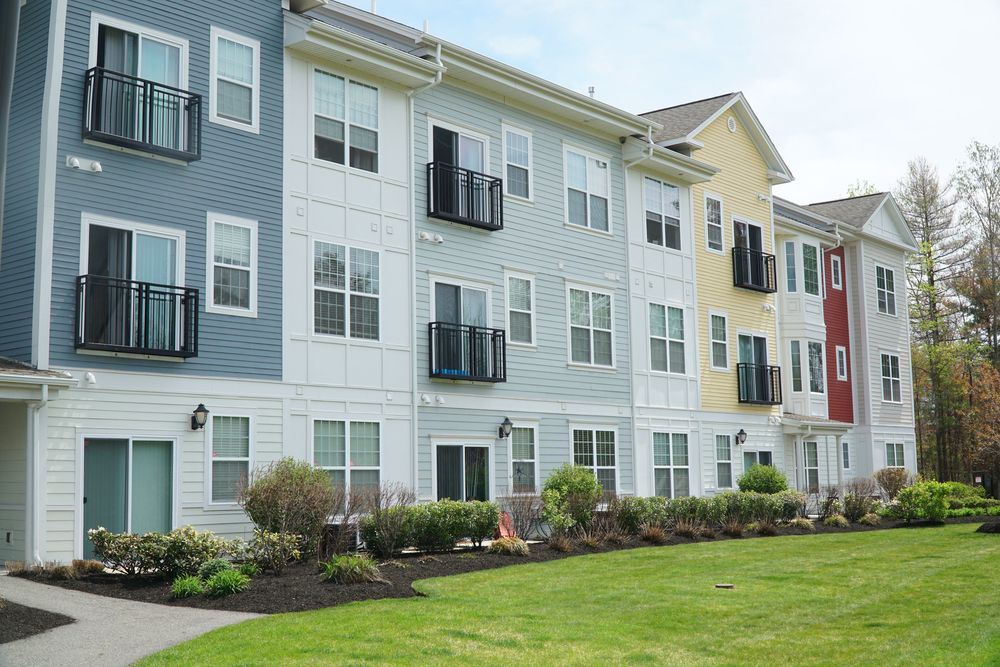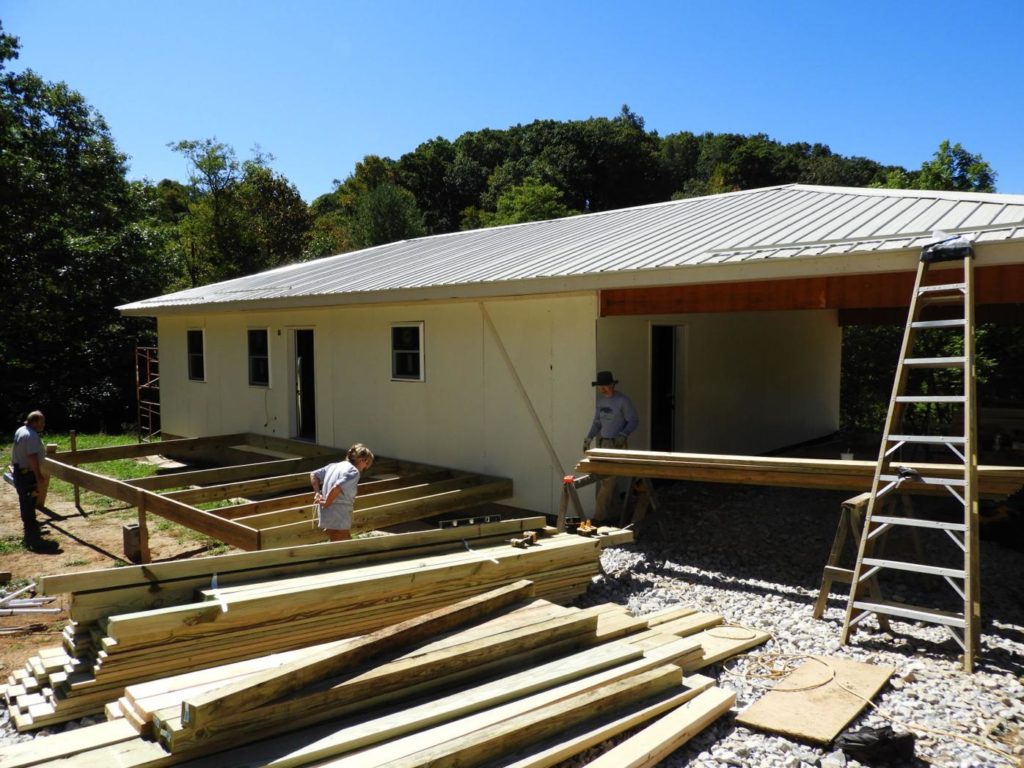Information session to be held Aug. 9 with applications due by Sept.16, 2022
Asheville, N.C. – Dogwood Health Trust has announced a new request for proposals from nonprofit organizations, government agencies, education institutions, and others who serve the Qualla Boundary and 18 counties of Western North Carolina, who seek to stabilize and grow the local Early Childhood Education (ECE) workforce to better support students in reaching success. The online application will be available Aug. 8 on the Dogwood Health Trust website; responses are due by 11:59 p.m. on Sept. 16, 2022. Award notifications will be made in November 2022 with funds distributed in December 2022. A special information session will be held Aug. 9 at noon for organizations that wish to learn more or apply. Registration for the information session can be found here.
Dogwood is particularly interested in projects that take a multi-year approach, include more than one of the ECE workforce populations (public, private, home and family care providers), and approach workforce solutions with an eye toward equitable outcomes. Dogwood will award grants ranging from $250,000 to $1,000,000 depending on the organization’s capacity, geographic scope, and strength of the proposal and will consider requests that increase access to existing ECE credentials, attract new or career-changing adults into the ECE profession, and/or improve working conditions for the existing ECE workforce.
“Even before the onset of COVID-19, Western North Carolina struggled with a childcare shortage,” said Dr. Ereka Williams, Vice President of Impact – Education. “Part of that has to do with workforce; the professionals who provide early care and education in our region face considerable barriers when it comes to turning their passion for child development into a sustainable career. With this RFP, we hope to support innovative ways to remove those barriers and attract more educators into the early childhood realm.”
Priority will be given to proposals that equitably attend to at least one of the following:
- Approach, curriculum, training, and evaluation
- Career ladder attainment (growth of existing ECE workforce and/or growth of new results
- Leadership opportunities among members of the ECE workforce who are BIPOC (Black, Indigenous, and People of Color), from rural communities, first-generation credential holders, and/or have faced a lack of access to resources and opportunities
All grant recipients will engage in the Start with Equity Academy, a four-part, two-hour learning academy/community of practice to support grantees’ equity-centered approaches. The Start with Equity Academy will be led by Dr. Iheoma Iruka of the Equity Research Action Coalition at UNC Frank Porter Graham Child Development Institute.
This RFP follows the recent announcement of the comprehensive ECE landscape study commissioned by Dogwood. Interested applicants may also consider attending the ECE Data Release webinar on Aug. 2, in addition to the information session for the RFP on Aug. 9.
For more information and to apply, visit Dogwood’s website. For questions, please contact Emily Quinlan, Impact Officer for Education.
About Dogwood Health Trust
Dogwood Health Trust is a private foundation based in Asheville, North Carolina with the sole purpose of dramatically improving the health and wellbeing of all people and communities of 18 counties and the Qualla Boundary in Western North Carolina. Dogwood Health Trust focuses on innovative and equitable ways to address the many factors that contribute to overall health and wellbeing, with a focus on housing, education, economic opportunity, and health and wellness. Dogwood Health Trust works to create a Western North Carolina where every generation can live, learn, earn and thrive, with dignity and opportunity for all, no exceptions. To learn more, please visit www.dht.org.

